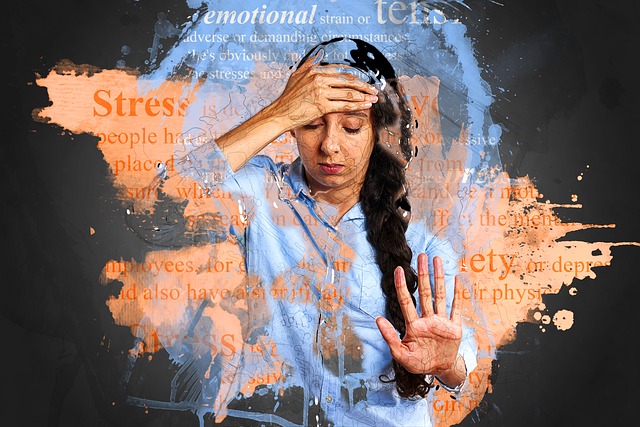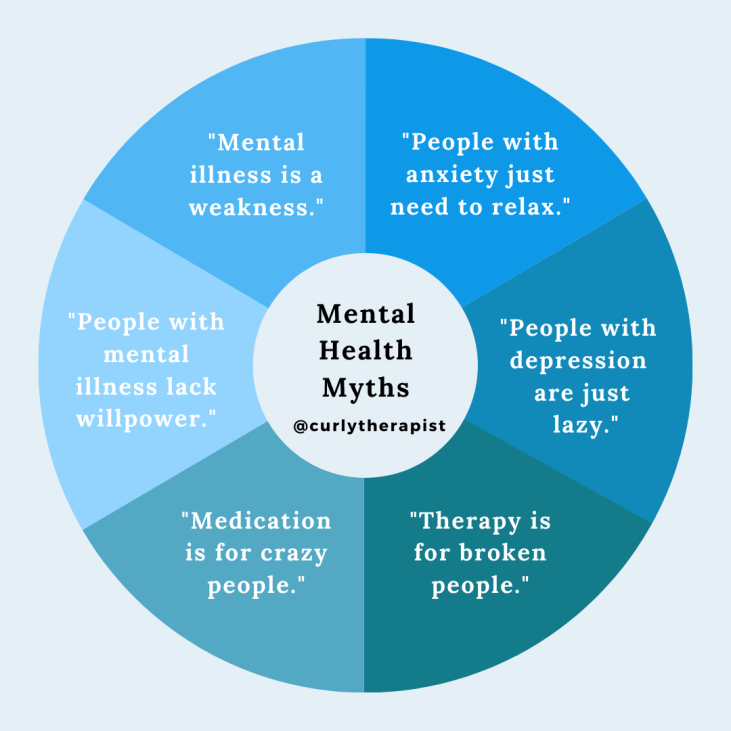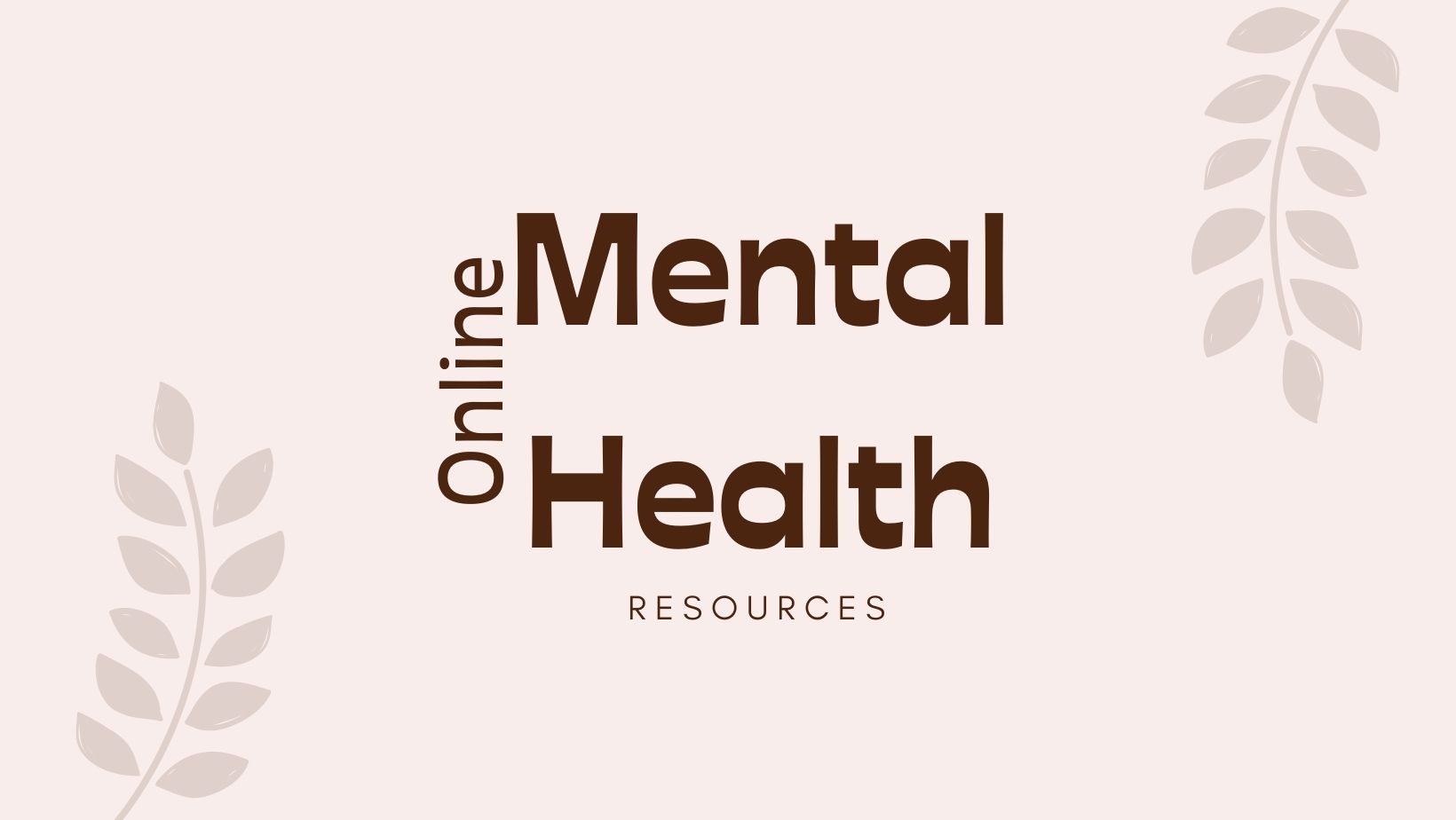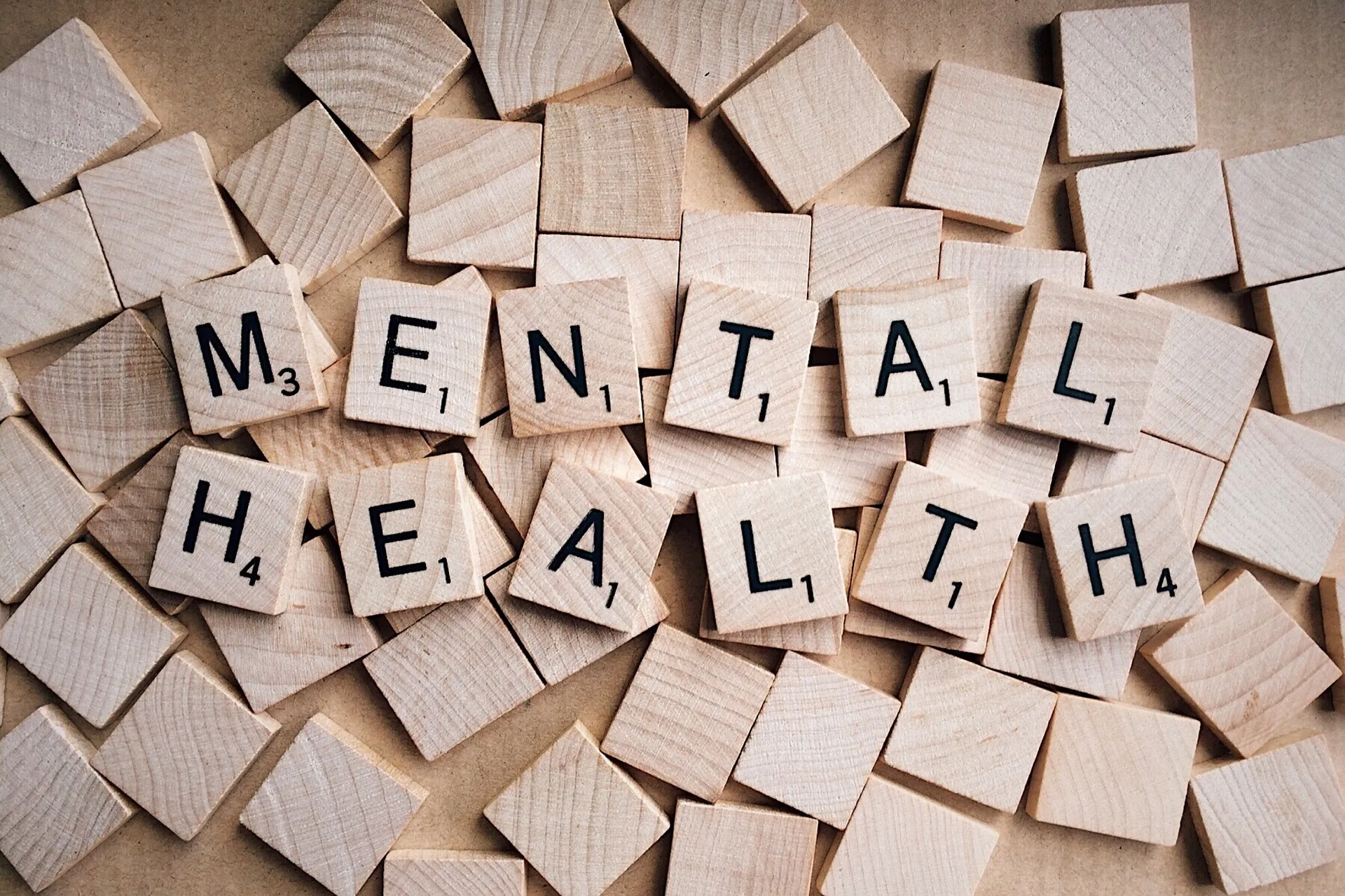Understanding Anxiety
What is Anxiety?
Anxiety is a type of mental illness that refers to a person’s anticipation of threatening events and their resultant subjective emotional state, which is most often described as an unpleasant experience. It cuts across the normal levels of stress and actually may hinder an individual in the course of his/her everyday activities if not treated.
Common Symptoms of Anxiety
Anxiety takes different form and form may also differ in different persons. Some symptoms include overthinking, nervousness, agitation, distractibility, difficulty to sleep or being a light sleeper, palpitation, or muscle tension. One must not ignore these signs and should seek help if they last for so many days or so many weeks.
Types of Anxiety Disorders
Different kinds and degrees of anxiety exist. A brief description of the most prevailing anxiety disorders include : Generalized anxiety disorder (GAD), panic disorder, social anxiety disorder (SAD), specific phobia and post traumatic stress disorder (PTSD). In general, the PMS syndrome consists of effects that may be painful and are grouped in two types and the effects of each may be different from the other.
Treatment Options
There is nothing wrong with worrying and there are many ways to deal with anxiety. Some individuals need to make an appointment with a therapist and seek therapy, for example, CBT that reveals and replaces thoughts that lead to anxiety. Psychoactive medications to include antidepressants or anti-anxiety medications may also be recommended by a healthcare professional.
Self-Care Strategies
Besides visiting therapists, there are specific techniques that anyone can use to manage anxiety. Some of them include being conscious about your thoughts and feelings and using calm breathing or meditation to help calm you down, participating in physical exercise, taking healthy balanced diet, getting adequate rest, and avoiding lots of alcohol and
I never really thought about how anxiety could disrupt sleep, which is just one aspect of the sufferer’s life.
In depth analysis of how anxiety disor for mental health
Stress can always be devastating to health since it amplifies feelings of fear, panic, and an expected sense of impending doom. It may give rise to the other mental health issues like the depressive disorders, and is capable to affect health well being profoundly.
Physical Symptoms of Anxiety
There may also be somatic symptoms, including headache, stomach upset, breathlessness, faintness, sudden recurrent heartburn, and sharp chest pains. These physical symptoms can in turn cause more anxiety and also interfere with daily tasks.
Anxiety and Relationships
These disorders can become pollutants of relationships because people with anxiety may have problems with trust, self-expression, and regulating their feelings. One should get support and acceptance of other relations for the healthy relations to be developed.
Approaches to Identify Anxiety
The next studies in this process are based on the goal of pupils to identify early warning signs.
It is important for an individual being an anxiety sufferer to develop the ability to identify some of the signs that necessitate interventions in order to prevent the worsening of anxiety. These symptoms may include racing thinking,ior, increased agitation, shift in eating and sleeping habits, and mood swings that fire up in response to stressors.
Keeping a Journal of Emotions
Writing down one’s emotions can enable a person monitor and probably find a pattern to things that cause anxiety. It can also offer one useful raw material for the process of self-analysis and can help in the building of useful defense mechanisms.
Consulting with Professionals
It is important to ask help from professionals especially if this condition is severely affecting one’s everyday operations. One should consult a mental health professional for advice, recommendations on the best way to deal with anxiety, and recommendations as well as the best therapy interventions to be adopted when dealing with anxiety.
It means that knowing about anxiety and its effects and knowing about its signs and seeking help would definitely make many to go a long way in controlling anxiety and safeguarding their health.
Examining the seventeen most efficient methods to control anxiety.
Relaxation Techniques
Techniques such as deep breathing and guided visualization can add into your lifestyle and decrease anxiety as well as make you feel more relaxed. Recommend trying out exercises such as deep breathing, mindfulness meditation, progressive muscle relaxation or useful actions to perform which may include any forms of yoga or tai chi.
Building a Support System
It is critically important to have help from the people around you when working on alleviating anxiety. Make sure you are with friends or relatives who can accept, and sometimes even remind you of, the right things you should be doing, or a support group. The process of suffering from anxiety could be eased due to sharing your emotions and stories with other people.
Adopting a Healthy Lifestyle
It is important to note that exercising does dictate some of the changes that may occur in someone’s physical form of health because exercising has health benefits that may help out with mental health. The general example of giving out the advice would be thus
get as much vitamins as possible try not to eat junk food, try to exercise more and sleep at least eight hours a day. Reduce your caffeine and alcohol intake because the two substances are known to worsen the condition. I choose those tasks which are most enjoyable and inexpensive in terms of energy spent.
When to Consult a Doctor
Identifying the Neves for Therapy
That is the case for people who have severe anxiety that hamper them from leading normal lives and through therapy they find a solution to their problem. Some of these symptoms include increased and uncontrollable worrying, impediment with day to day functioning, isolation, and continuous panic attacks. Cognitive behaviour therapy may help a person to investigate the possible causes of anxiety, identify new ways of handling with it and use new techniques for overcoming anxiety.
Exploring Treatment Options
In case you need the help of professionals, learn about different available treatments. One of the most widely studied therapies in anxiety disorders is cognitive behavior therapy or CBT for short. For example, your doctor may prescribe mindfulness-based therapy, exposure therapy and other, basing on your particular conditions. A mental health professional should be consulted when in need of ways to determine the best treatment in your case.
However, the general message to remember is that reduce anxiety is a process, not an event, What may work for one, may not work for another. Everyone wants to find something that works for him or her. If you use such practical methods, establish the support system and turn to a specialist in case of necessity, it is possible to achieve the servicing of anxious states as well as to construct the effective and reasonable life.
Conclusion
Lastly, anxiety is not a rare illness and people can function very poorly if they do not seek professional help. Going to seek professional help should be a very essential and crucial step when dealing with anxiety. CBT for example provides practical approach to dealing with the root causes of the problem, and ways of dealing with stress.
Further, other forms of therapy could be tried out as well, like mindfulness based therapy or exposure therapy; this can be ways that have not yet been recommended into practicing.
Please bear in mind that determination of the type of treatment and support is a unique experience and it might be quite sometime before you find what is best for your type. If you learn how anxiety works and how you can effectively overcome it, then you are halfway towards living a healthier and more fulfilled life.




